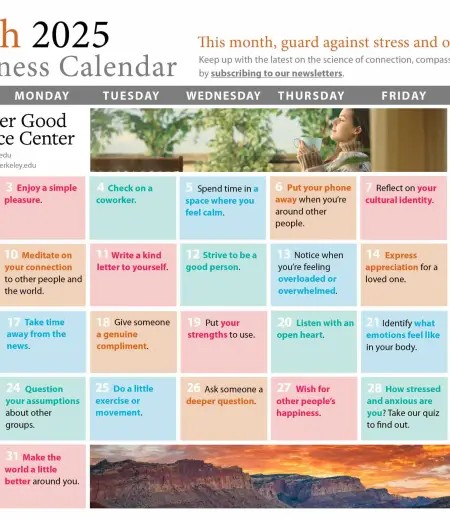Making mistakes is often seen as a negative, something to be avoided. However, research shows that mistakes are crucial for learning, both in the classroom and in life. This article explores the science behind why errors are beneficial for learning and offers strategies for educators and students to embrace mistakes as opportunities for growth.
The Power of Mistakes in Learning
Avoiding mistakes seems to be the norm in many classrooms, but psychologist Janet Metcalfe argues that this approach may be hindering our education system. Her 2017 paper, “Learning from Errors,” highlights research suggesting students benefit more from making and correcting mistakes than from avoiding them entirely.
Confronting Errors Head-On
Studies observing classroom dynamics reveal a stark contrast in how teachers address mistakes. American teachers often focus on correct procedures, praising right answers while largely ignoring errors. In contrast, Japanese teachers encourage students to solve problems independently, then facilitate discussions analyzing common errors and exploring various solution paths. This emphasis on error analysis correlates with Japanese students’ superior math performance, suggesting the value of embracing the learning struggle through acknowledging mistakes.  alt text describing a classroom with student raising hand to ask teacher a question
alt text describing a classroom with student raising hand to ask teacher a question
The “Productive Failure” Approach
Research supports the concept of “productive failure” in learning. A study in Singapore divided seventh-grade math students into two groups: one receiving direct instruction and the other experiencing productive failure. The latter group initially struggled and failed to solve complex problems before receiving teacher guidance to analyze their attempts and find the correct solution. Ultimately, the productive failure group outperformed their peers on both simple and complex problems, demonstrating the effectiveness of learning through initial struggles.
The Confidence Paradox: Being Wrong Can Be Right
Surprisingly, overconfidence in a wrong answer can enhance learning. Studies indicate that the more confident a student is in an incorrect answer, the more likely they are to remember the correct answer after correction. This is attributed to increased attention on corrective feedback when confidence is high and the surprise element of being wrong. The learner’s subsequent “second guess” is often accurate, reinforcing the learning process.
Fostering a Growth Mindset Around Mistakes
While embracing mistakes is beneficial, students need emotional resilience to respond adaptively. The fear of failure is often tied to self-worth, leading students to avoid mistakes at all costs.
Understanding Coping Mechanisms
Research identifies three distinct styles of coping with mistakes: “distance and displace” (blaming others), “minimize and move” (avoiding the issue), and “regret and repair” (acknowledging the mistake, normalizing it, and engaging in self-care). The “regret and repair” style is associated with less self-blame, active problem-solving, and greater teacher respect.
Strategies for Educators
To help students embrace mistakes, educators can:
- Adjust the Learning Context: Offer options for students to work privately when facing difficulties, reducing the emotional pressure of public struggles.
- Encourage Persistence: Model perseverance in problem-solving, sharing personal vulnerabilities and demonstrating a commitment to continuous effort.
- Model Self-Compassion: Normalize the ups and downs of learning, encouraging students to be kind to themselves when facing challenges.
- Build Positive Relationships: Foster a supportive environment where students feel valued and cared for, promoting motivation and reducing fear of failure.
- Focus on Resilience: Teach skills and strategies that enhance resilience, helping students cope with setbacks and bounce back from mistakes.
Conclusion
Shifting from a culture of avoiding mistakes to one that embraces them can unlock significant learning potential. By understanding the science behind why mistakes are beneficial and implementing strategies to foster a growth mindset, educators can empower students to view errors not as failures, but as valuable stepping stones on the path to knowledge and understanding.